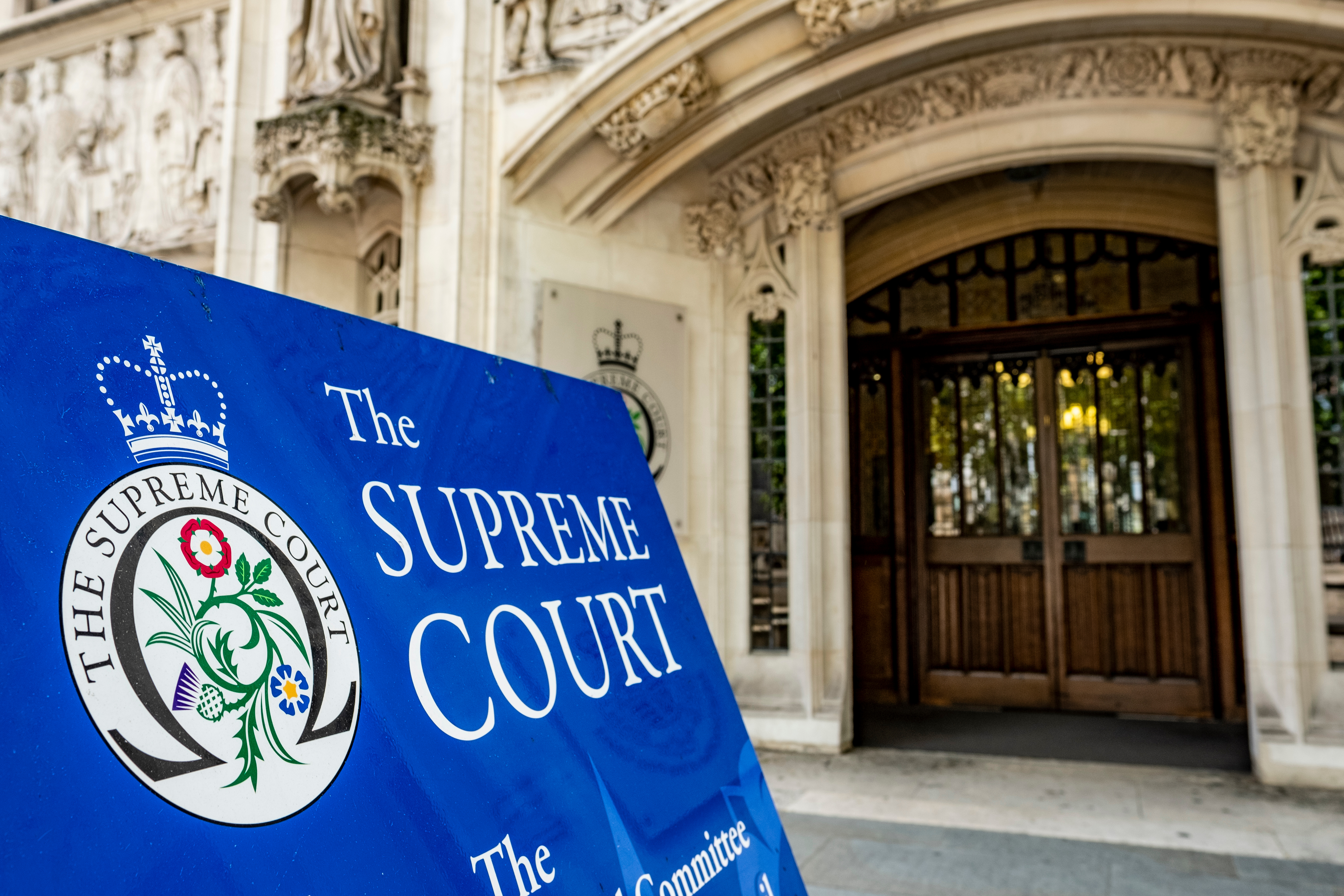By Rachel Hiney
Conservative Party plans of enforcing the Rwanda migration scheme have been halted by the Supreme Court due to its ‘unlawful’ nature, coinciding with the decision from the Court of Appeal made in April 2023.
Ever since Rishi Sunak announced his 5 promises on the 4th of January 2023, policies to enforce stricter control over migration has increased significantly. New legislation such as the Illegal Migration bill, passed in July, tightened the belt on the number of boats dangerously crossing the channel from France which brought over 45,755 migrants in 2022.

First announced on the 14th of April 2022, the Rwanda scheme cost the British government £140 million – a price Rishi Sunak is willing to pay as long as “the merry-go-round” of challenges with the UK courts end. Through the plan, asylum seekers who have illegally entered the UK would be sent to Rwanda to claim asylum, where they would be permitted refugee status and be allowed to remain.
Despite achieving a deal with the Rwandan President Paul Kagame, who has described Rwanda as a ‘safe’ country that takes their “humanitarian responsibilities seriously,” both the UK courts and United Nation Agencies share scepticism around Rwanda’s previous treatment of asylum seekers.
The European Court of Human Rights (ECHR) highlighted the discrimination of nationals from Yemen, Afghanistan and Syria within the Rwandan asylum system – all of which have been denied access in recent years. There have also been several cases where asylum seekers have been rejected from claiming asylum without any reasoning from the government.
However, it is not only the concerns of the Rwandan government’s attitude towards asylum seekers that has caused alarm, but also the violation of the migrants fundamental Human Rights. If this policy is carried out, the migrants could face violation of their right to life, to freedom from arbitrary arrest and detention, freedom of expression, freedom of assembly and the right to seek and enjoy asylum. Such concerns have resulted in the United Nations Refugee Agency pressuring the government to reconsider the safety that Rwanda guarantees.

As a result of these issues, the UK Supreme Court has created another barrier to the Prime Minister’s plans after 5 judges unanimously ruled against the initiative on Wednesday 15th of November 2023, 19 months on from its introduction. In spite of this, the determination of “stopping the boats” continues, and therefore the dangerous juggling act at hand. Rishi Sunak must ensure that this policy will not breach the law of refoulement – the act of returning asylum seekers or refugees to a country where they could be subjected to harm, torture or degrading treatment – whilst also achieving his policies promised to the nation at the beginning of this year.
As uncertainty surrounding the stability of the Rwanda migration plan increases, the future of asylum seekers travelling to the UK remains unclear, and the likelihood of a successful solution to this problem in the future continues to be questioned by individuals across the country.
